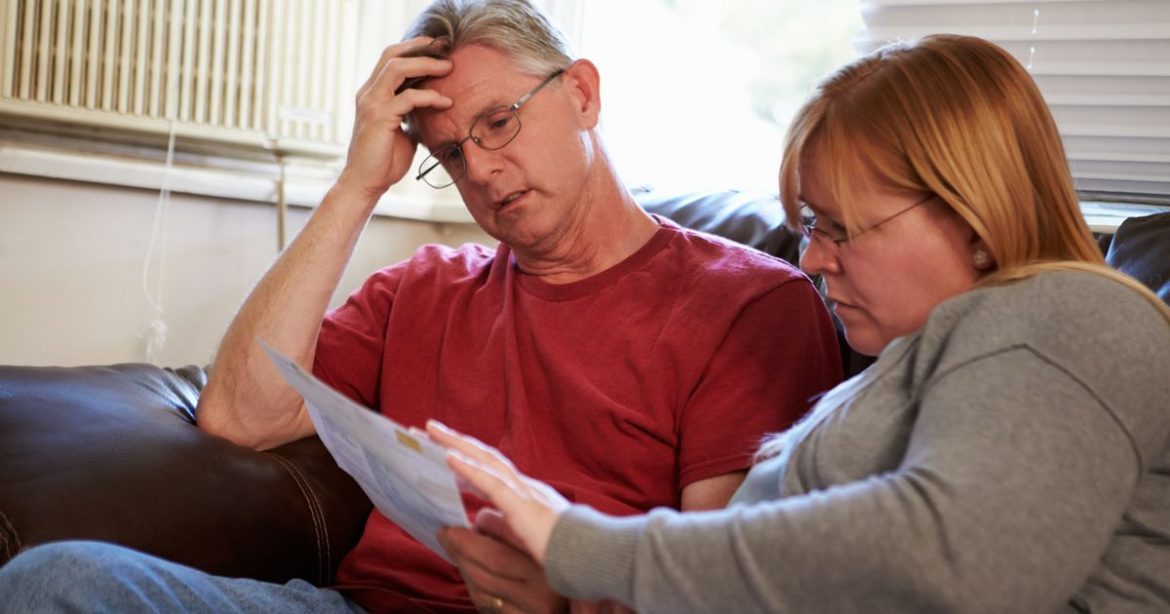Struggling with money can make mental health worse, causing sleepless nights, panic attacks, and feelings of hopelessness, but there is help out there
Money problems don’t just affect your bank balance – they can affect your whole life. They disrupt your sleep, relationships, and your sense of self-worth. For many of the people that use Advice NI’s debt service, debt isn’t simply a set of numbers on a page; it’s a source of constant anxiety, dread, and, in some cases, despair.
Debt and mental health often affect each other. Living with anxiety or depression can make it harder to keep on top of bills, track spending, or even face the post when it arrives. Struggling with money can make mental health worse, causing sleepless nights, panic attacks, and feelings of hopelessness. It’s a vicious cycle that can feel impossible to escape.
The good news is that help is out there, and you are not alone. Every week, our team at Advice NI speak to people who thought they had no way forward, and together we find solutions.
One of the biggest barriers people face is shame. I often hear stories of unopened letters hidden for months or calls from creditors being ignored because admitting to financial struggles feels unbearable. I understand why and so does our advisers. But here’s the truth: debt is not a moral failing – it’s a practical problem. And practical problems can be solved.
Our debt advisers are impartial, highly trained and free to use. We’re not here to judge or to sell you anything. We’re here to understand your situation, help you prioritise debts, and negotiate with creditors where needed. If mental health is part of the picture – and for many it is – we can make the process easier by contacting creditors for you, requesting extra breathing space, and ensuring you’re not overwhelmed by paperwork or unrealistic demands.
Sometimes, just that first conversation makes all the difference. Our advisers recently worked with a self-employed joiner who had been battling anxiety while juggling tax arrears and credit card bills. He’d avoided asking for help for over a year, convinced he’d be judged. Within a week of speaking with us, he’d been granted a breathing space period, which paused creditor pressure, and together we’d started creating a realistic repayment plan.
If you’re worried about how debt is affecting your mental health, there are practical steps you can take:
1. Speak to your creditors as soon as you begin to struggle – often they will help you.
2. Budget – note down your income, expenditure and what you owe and to whom. This will help you understand your situation.
3. Seek help early – the sooner you act, the more options you’ll have.
Most importantly, remember we are here to help. Advice NI’s service is free, independent, and fully focused on helping you regain control. You can also explore our Debt and Mental Health guide for practical tips on managing both.
If debt is keeping you awake at night or affecting your mental health, please don’t wait. Rip the plaster off and talk to us. Call Advice NI on 0800 915 4604 or visit www.adviceni.net.
For all the latest news, visit the Belfast Live homepage here and sign up to our daily newsletter here.
#Debt #Distress #find #peace #mind #financial #stability

